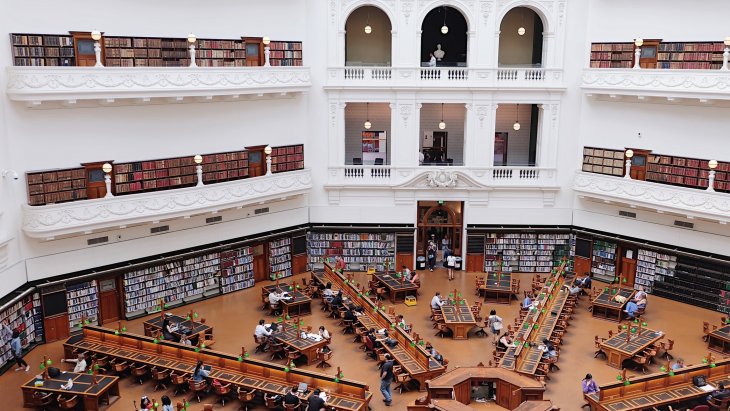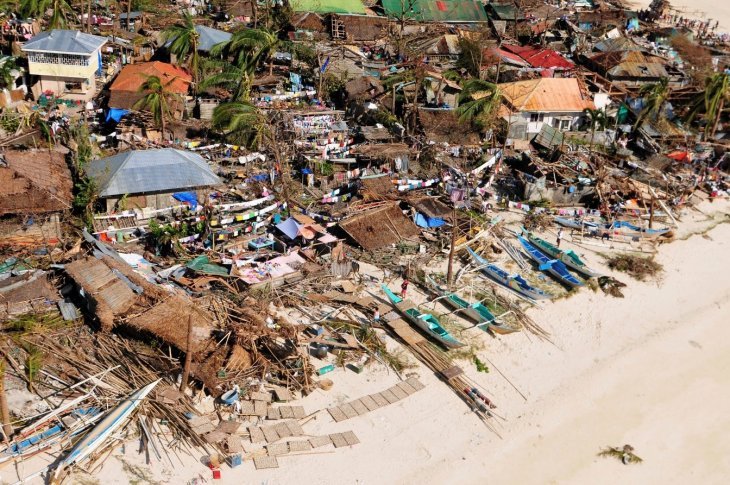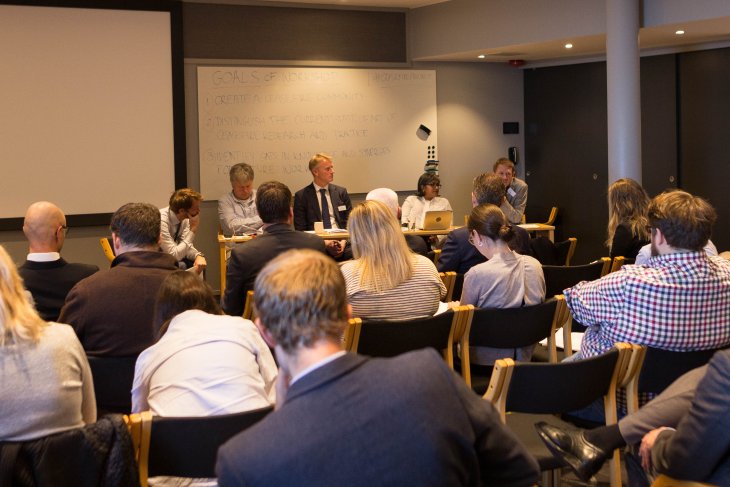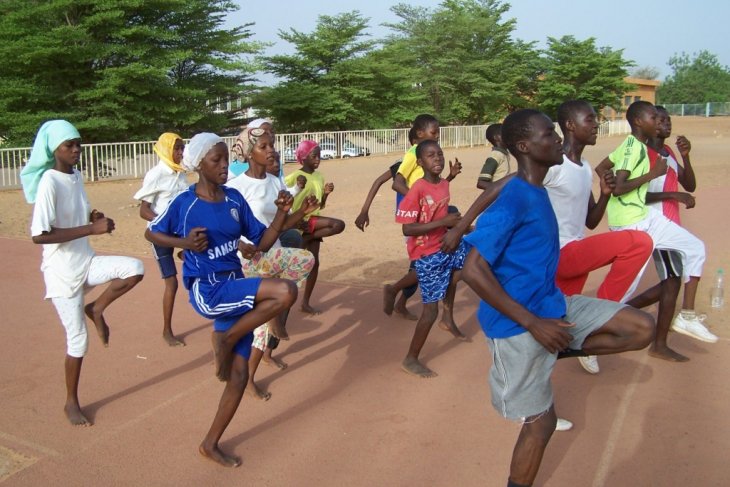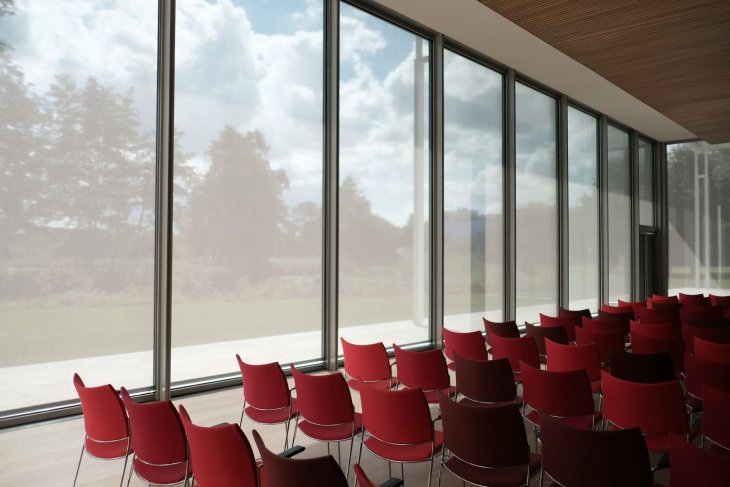On 9 October 2019, Turkey launched its third invasion in Syria dubbed “Operation Peace Spring”, this time in north-eastern Syria. The previous two operations, “Euphrates Shield” and “Olive Branch” took place in north-western Syria (west of river Euphrates) and established a Turkey-controlled zone between the cities of Jarablus to the East and Afrin/Efrin to the West (see map below).
Operation Peace Spring started with artillery and aerial bombings by the Turkish military and expanded later to a ground advancement by Turkey-backed Syrian anti-regime forces of the Free Syrian Army (FSA) and Syrian National Army (SNA). The operation came right after US President Donald Trump had announced that US forces will withdraw from the Turkish-Syrian border in north-eastern Syria due to an imminent Turkish intervention.
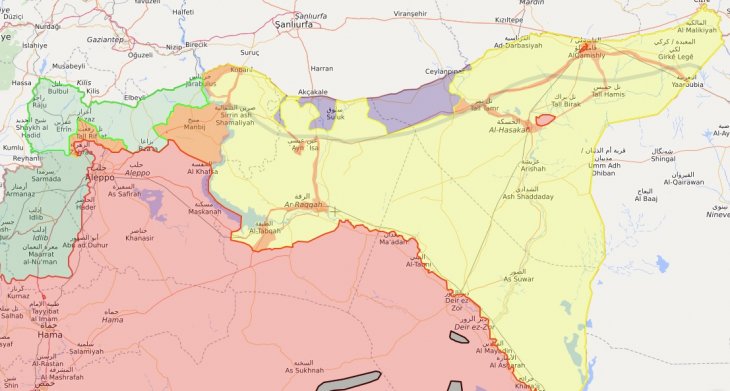
Yellow: Kurdish controlled territories. Red: Syria government controlled territories. Orange: Territories returned to the Syrian government after an agreement. Purple: Territories controlled by Operation Peace Spring. Light green: Turkey controlled zone West of Euphrates. Dark green: HTS (Syrian al Qaeda) dominated territories. Source: https://syria.liveuamap.com/
Read More
